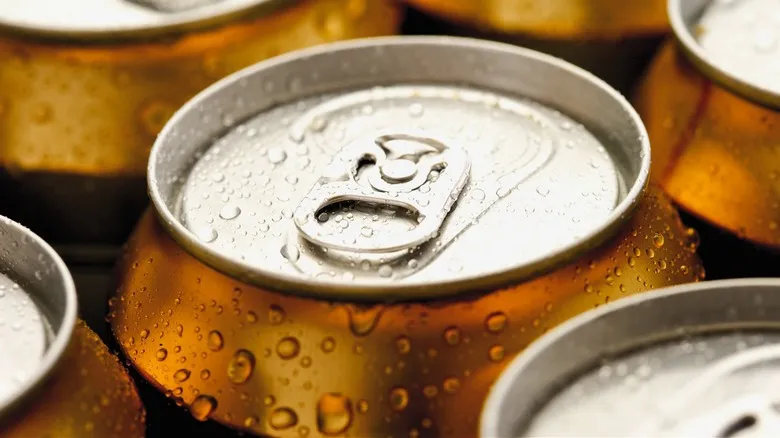Keep your canned beer cold and crisp
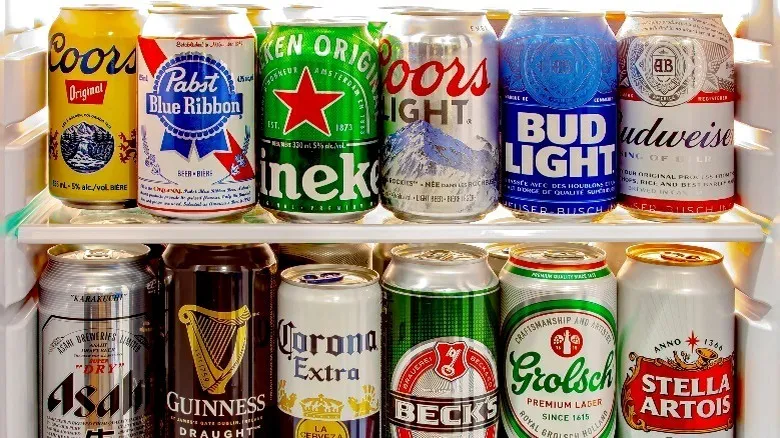
Lagers and pilsners should be kept on the cooler side and stored in a standard refrigerator, while other types of beer prefer slightly warmer temperatures. IPAs, ales, bocks, sours, and barleywines are best enjoyed in the 50 to 55-degree Fahrenheit range. Porters and stouts can be served within a flexible range of 45 to 55 degrees, and wheat beers are suitable at temperatures between 40 and 50 degrees.
Beer generally tastes best when consumed close to its "born on" date (the date it was packaged), but it is safe to drink beer well past its expiration date — though the flavor may not be as enjoyable. The date printed on beer packaging serves as a guideline for when the product is at its peak quality. Keep in mind that this applies only to unopened beer; once you open a can, it’s best to consume it within a day or two.
Canned beer has a longer shelf life in the refrigerator compared to room temperature, as heat and movement can accelerate the aging process. These elements increase oxidation, which alters the intended flavor. As long as you avoid leaving your cans rolling around in the hot trunk of your car all summer, you shouldn't have much to worry about when it comes to storing canned beer. Cans already protect against light and air exposure — just follow these storage tips to keep your beer from becoming skunky.
Recommended
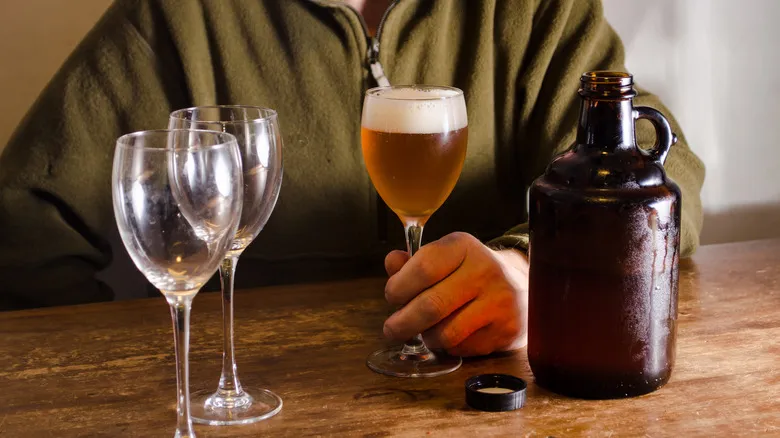
How Many Beers Are In A Growler?
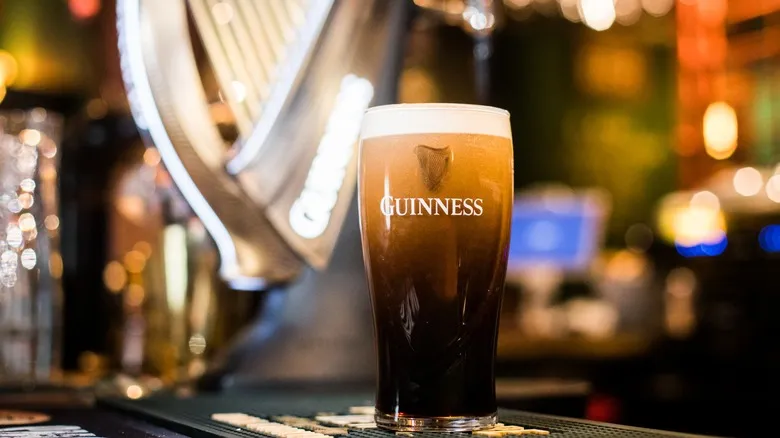
The Right Way To Pour A Guinness From A Tap

The Best Wine To Use When Making Mulled Wine
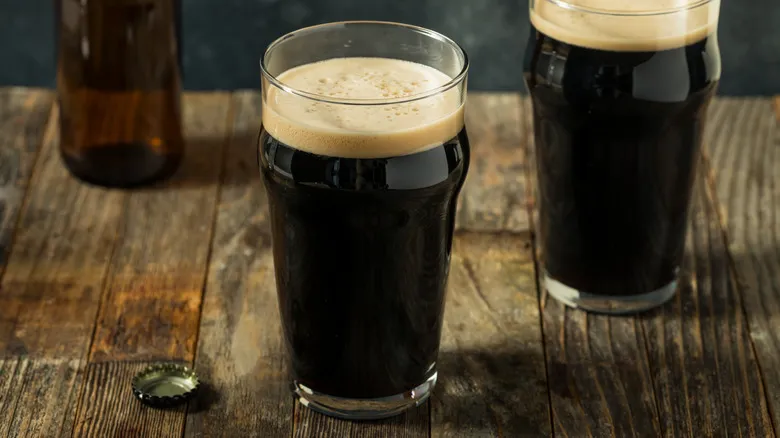
Stout Vs Imperial Stout: What's The Difference Between These Beers?
Next up

